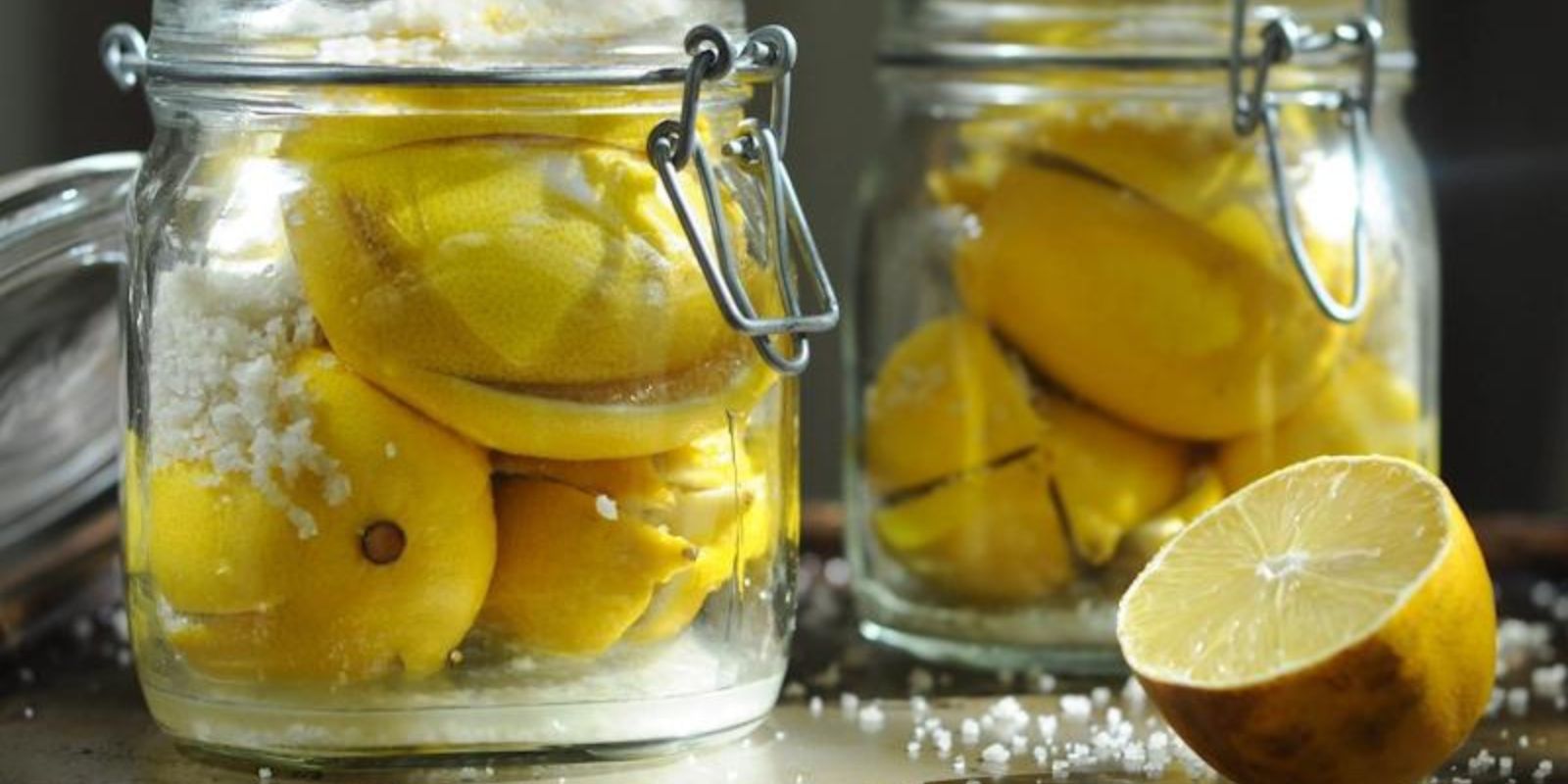Keeping lemons fresh for an entire year without freezing or cooking them is quite challenging due to their perishable nature. However, there are some methods you can try to extend their freshness:
- Refrigeration: Store lemons in the refrigerator to slow down the deterioration process. Place them in a perforated plastic bag or a vegetable drawer to maintain humidity levels. This can help keep them fresh for several weeks, although they may lose some moisture over time.
- Preservation in Salt: One traditional method to preserve lemons for an extended period is by packing them in salt. Wash and dry the lemons thoroughly, then cut them into quarters without slicing all the way through. Generously sprinkle salt inside each cut, then pack the lemons tightly into a sterilized glass jar, covering them completely with more salt. Seal the jar tightly and store it in a cool, dark place. The salt will draw out moisture from the lemons, creating a brine that preserves them for several months. Rinse the preserved lemons before using them to remove excess salt.
- Pickling: Another option is to pickle lemons, which can help preserve them for an extended period. Wash and dry the lemons, then cut them into wedges or slices. Pack the lemon pieces tightly into sterilized glass jars, layering them with salt and optionally adding spices like whole cloves, peppercorns, or bay leaves. Pour fresh lemon juice over the lemons to cover them completely, then seal the jars tightly and store them in the refrigerator. The acidic environment created by the lemon juice helps preserve the fruit. Pickled lemons can last for several months when refrigerated.
- Dehydration: Dehydrating lemons can help extend their shelf life by removing moisture. Slice the lemons thinly and arrange the slices on a dehydrator tray or a baking sheet lined with parchment paper. Dry the lemon slices in a dehydrator or oven at a low temperature (around 135°F or 57°C) until they are completely dry and brittle. Store the dehydrated lemon slices in an airtight container in a cool, dark place. While dehydrated lemons won’t have the same texture as fresh ones, they can be rehydrated and used in cooking or infusions.
These methods can help preserve lemons for an extended period, but keep in mind that their quality may degrade over time, and they may not retain the same flavor and texture as fresh lemons. It’s essential to monitor preserved lemons for any signs of spoilage and discard them if they show any mold, unusual odor, or discoloration.

